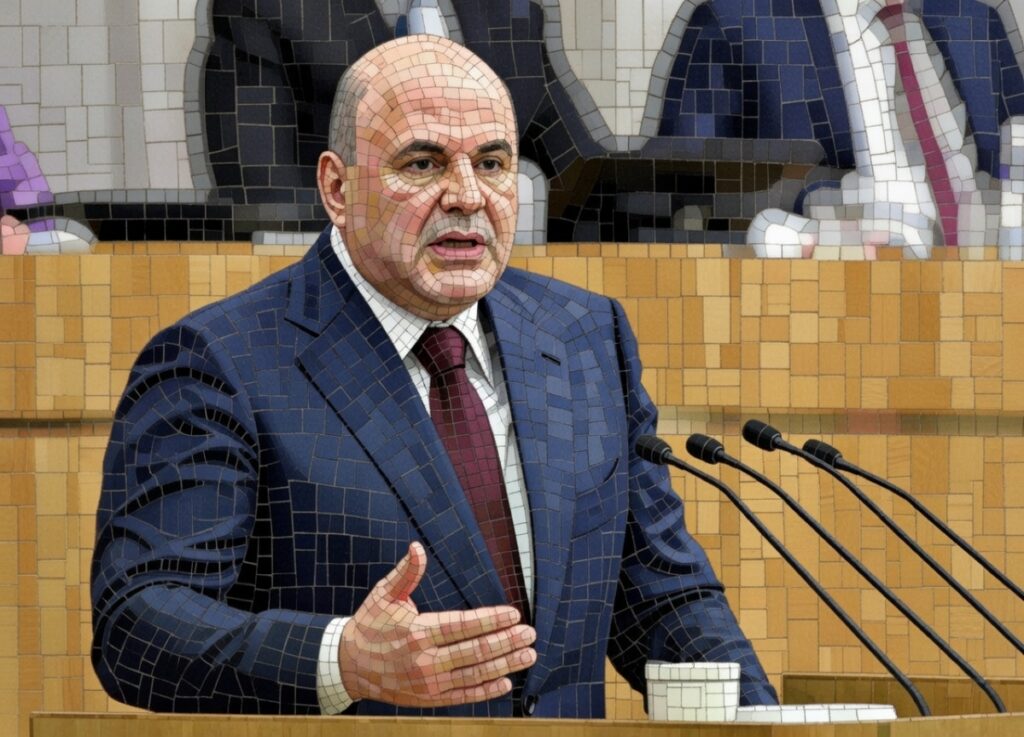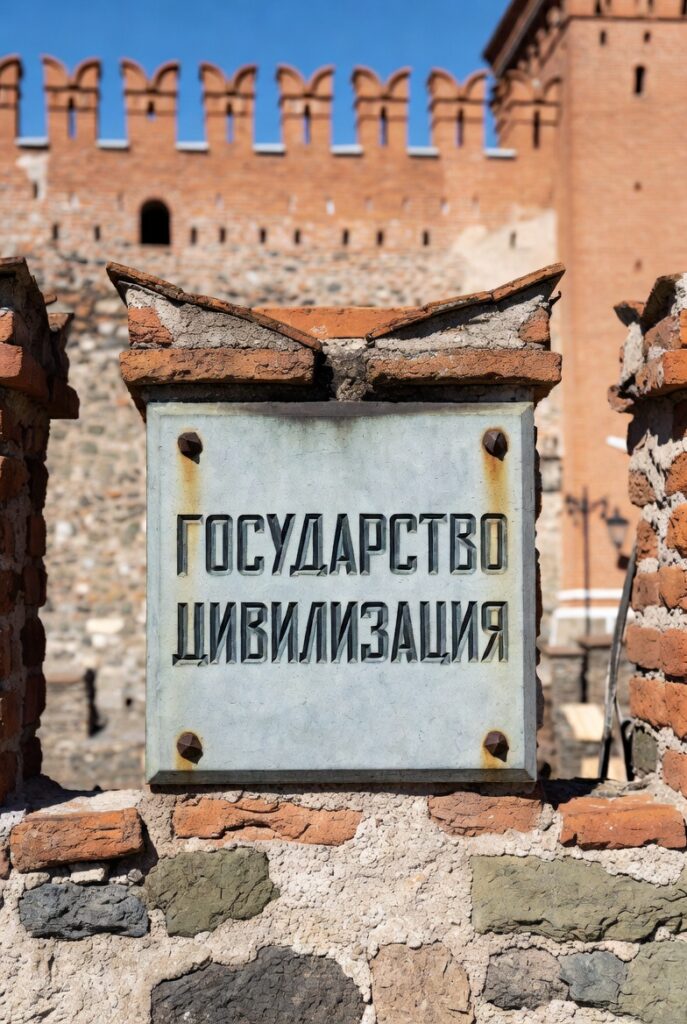Vladimir Putin will skip delivering his annual address to the Federal Assembly this year, opting instead for the traditional «Direct Line» call-in show combined with a major year-end press conference. The presidential address is mandated by the Constitution, yet Putin has disregarded this requirement before. In 2017, it was deliberately withheld for political reasons: the Kremlin turned the speech into the centerpiece of his 2018 re-election campaign, delivering it on 1 March—just 18 days before the vote. Ever since, the address has been shifted from late in the year to early the following one. In 2022, Putin again dispensed with it altogether; the war had just begun, and formalities were the last thing on his mind.
This year the Federal Assembly will once more go without a presidential message. The reasons for postponement—or effective cancellation—could be numerous. One possibility is tactical timing: the Kremlin may hold the speech until late spring or summer, closer to the 2026 State Duma elections and the ruling United Russia party’s pre-campaign congress. The party could then adopt key points from the address as its official platform. Another explanation lies in the stalled peace talks over Ukraine and Putin’s so-far disappointed hopes for Donald Trump and his administration—the same factors that led to the speech’s cancellation last March, and little has changed since. Nor can one rule out the president’s age and health: sustaining two lengthy public appearances in quick succession has become taxing. After such marathons he requires extended recovery, during which the Kremlin website and state media roll out pre-recorded «canned» footage—usually meetings with officials.
If addresses in the early 2000s still contained genuine programmatic content, by the late 2010s they had devolved into purely ceremonial affairs. Putin mostly recited statistics—retrospective or projected—and occasionally tossed out social-welfare promises. In practice, the presence or absence of an address no longer moves the policy needle. Yet because the ritual is enshrined in the Constitution, its postponement (amounting to de facto abolition, since it is supposed to happen annually) remains a political event in its own right.
What stands out is that Putin has not withdrawn from public view entirely; he has simply swapped the formal address for the Direct Line/press-conference hybrid. Questions about negotiations, relations with Trump, and the war itself are inevitable in that format.
In short, he has chosen an entertaining, plebiscitary spectacle over a dull bureaucratic obligation. Once again, he will admire the colorful posters brandished by loyal journalists, almost certainly spar with Western correspondents, and «talk to the people.» That people, of course, will have been carefully vetted by Sergei Kiriyenko’s political bloc and regional governors; their complaints and suggestions will be pre-recorded. Putin visibly enjoys similar staged forums—Valdai, cadre competitions, and the like—where he can launch into historical digressions, recount personal anecdotes (sometimes off-color), trade barbs with imaginary Western foes, and sprinkle in the occasional earthy expression. The constitutional address offers little room for such improvisation. By ditching a legislated ritual for an entirely unscripted show, Putin once again demonstrates that everything in the Russian power system now hinges on one man’s preferences and convenience. A complete abandonment of the address—or its transformation into something looser and more plebiscitary—would come as no surprise. At the most recent delivery, participants in the Ukraine war were already seated in the hall. Nothing prevents Kiriyenko’s team from packing the room with regime-friendly volunteers and loyal activists next time, letting them lob pre-approved questions that give Putin free rein to expatiate on whatever topic he fancies. This year, apparently, no one in the president’s entourage felt bold enough to defend the constitutionally prescribed procedure.
Transparent Hints from the Communist Party to Kiriyenko
The Communist Party of the Russian Federation (CPRF) recently held another pre-election plenum at which Central Committee members laid out the main campaign themes. Judging by party leader Gennady Zyuganov’s speech, there will be no surprises: the Communists will once again invoke Stalin, repeat long-standing demands for nationalization, higher taxes on the wealthy, and increases in the minimum wage and pension. They have no intention—for now—of crossing the Kremlin’s red lines by calling for Putin’s resignation or even the dismissal of Mikhail Mishustin’s government.
Yet it has long been clear that the presidential administration’s political bloc, headed by Sergei Kiriyenko, wants to «pessimize» the CPRF—deliberately weaken it and strip it of its perennial second-place status, elevating the reliably manageable Liberal Democratic Party (LDPR) instead. The Communists are fully aware of the plan and are now sending unmistakable signals that intensified pressure could push them beyond the bounds of loyalty.
The composition of the party’s newly formed election advisory councils is the giveaway. Pavel Grudinin—the businessman who ran against Putin in 2018 and became persona non grata in the Kremlin after unexpectedly strong polling—has been appointed head of the expert council on «people’s enterprises.» Nikolai Bondarenko, a popular YouTube blogger with a million subscribers and former Saratov regional deputy, will lead the council on outreach to new social groups and digital communication. The mere mention of Grudinin and Bondarenko is guaranteed to irritate the presidential administration.
With these appointments, the CPRF is warning Kiriyenko that the next escalation could involve placing both men in safe slots on the party list for the State Duma, followed by a full-scale media push. That would torpedo the Kremlin’s plan to boost the LDPR, and—against the backdrop of public anger over inflation and tax hikes—could significantly raise the Communist vote. Bondarenko is adept at pressing societal sore points; Grudinin, the «red entrepreneur,» can offer plausible-sounding recipes for overcoming the crisis. A campaign built around them would inevitably eat into United Russia’s tally, jeopardizing the Kremlin’s KPI targets for the ruling party.
The Communists dropped another broad hint on that front. Anatoly Lokot, former mayor of Novosibirsk and head of the regional CPRF branch, openly urged the party to «lean on angry urban voters and defense enterprises,» explicitly citing widespread economic discontent. Quoting Lokot at a seminar with regional leaders: «Take the defense plants—we keep hearing about the growing payments crisis. They produce military hardware, yet the factories aren’t paid. I remember how that played out in the 1990s. Scientific researchers, the Siberian Branch of the Academy of Sciences—they’ve lost status and feel abandoned. These are the same angry city dwellers, plus farmers, dying villages, small businesses being killed off by interest-rate experiments… Industry, construction, the moribund countryside, science, housing and utilities—these are crucial issues.» Lokot concluded by calling on comrades to «return to the streets.»
Zyuganov, however, is clearly open to a deal. Grudinin and Bondarenko received relatively modest, low-visibility internal posts. Bondarenko, for example, had initially angled for the more prominent IT committee; he was reportedly talked out of it at the Administration’s request—and Zyuganov obliged, thereby signaling room for negotiation. The Communists’ terms are straightforward: the Kremlin refrains from kneecapping the party and lets it retain its ceremonial second place. In exchange, the CPRF will keep its vote share modest, avoid stoking genuine protest, and allow United Russia to hit its targets.
Whether Sergei Kiriyenko is prepared to bargain remains an open question. The domestic-policy chief has grown unaccustomed to improvisation or deviation from script. If he refuses, the Communists may well raise the stakes—putting Grudinin and Bondarenko front and center and running a genuinely confrontational campaign.










